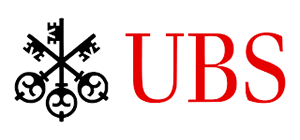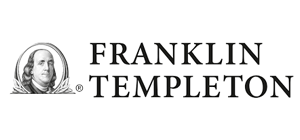Measuring the Ivy 2017: Dartmouth vs. Harvard, Similar Exposures Yield Significantly Different Results
The returns of endowments can be attributed to two fundamental components: asset allocation and security selection. Asset allocation is what a factor model is generally able to explain, shown in terms of factor exposures.
With the first two Ivy League endowments turning in their fiscal year 2017 returns, we’re providing a snapshot to compare how Harvard and Dartmouth did relative to each other using our patented Dynamic Style Analysis (DSA) model. DSA is an enhanced (returns-based) quantitative analysis model that provides a more transparent view of opaque or complex investment strategies, funds and products.1
This article is a preliminary post to the forthcoming MPI Ivy League endowment performance comparison report for fiscal year 2017. That report will publish in the fourth quarter, once the endowment reporting period is complete. In the meantime, you can find out how the Ivy League endowments did in previous years by reading MPI reports for fiscal year 2015 and 2016.
Measuring Endowment Returns
The returns of endowments can be attributed to two fundamental components: asset allocation and security selection. Asset allocation is what a factor model is generally able to explain, shown in terms of factor exposures. Security selection is determined by the performance of securities selected by the managers that the endowments invest in. One thing to note: since the endowment fund returns we use in our analysis are net of fees, negative selection can arise due to fees that the endowments pay to their managers.
With that in mind, the most interesting observation in comparing Harvard―which returned 8.1 percent for the 2017 fiscal year―to Dartmouth―which returned 14.6 percent―is that, absent the impact of selection return (represented by the blue bars in the below chart), their performance should have been on par with each other, indicating that neither endowment owned a clear asset exposure advantage.
Sign in or register to get full access to all MPI research, comment on posts and read other community member commentary.





